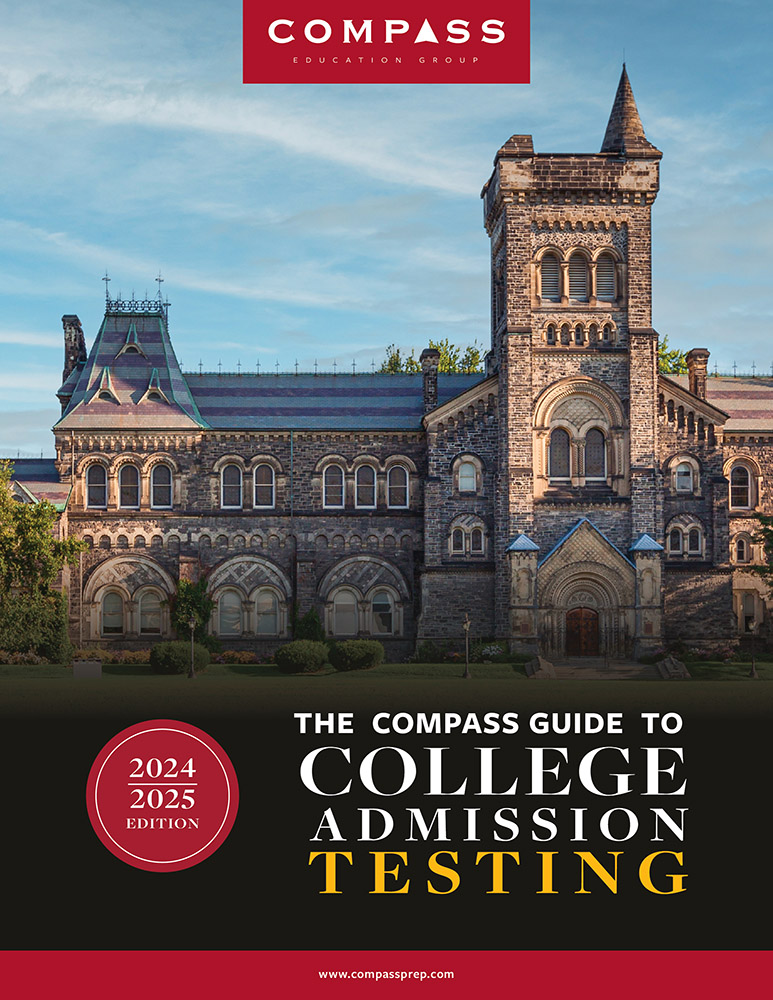
We have written a lot about the coming paradigm shift for the PSAT (October 2015) and SAT (March 2016). ACT takes a far more gradual approach in introducing change but has an uneven record in communicating this subtle evolution. We thought that we would summarize things from a student’s perspective. With the exception of the essay makeover, the shifts could be considered refinements rather than changes. Contrary to some rumors, we have not seen a change in scaling or test “difficulty.” The ACT is holding off on an overhaul and has been relatively stable since the last reworking in 1989. This stability provides some real advantages versus the uncertainty surrounding the New SAT.
The Top 4 Changes to the ACT
1) A paired passage was introduced on Reading as of June 2014.
- Students should see one pair on each Reading test. It can fall on any of the passage types within Reading.
- We have not found that the associated questions are any harder than other questions, but we do not want the format to take students by surprise.
- There will still be 10 questions related to the pair — typically split with four questions on the first passage, three or four on the second passage, and two or three comparing the passages.
- ACT clearly labels which questions refer to which passage or passages and will always present the question blocks in order.
- The questions do not require any new techniques.
2) As of October 2014, students may see 6 or 7 Science passages.
- In the past, ACT Science was comprised of 7 passages. In future test forms, Science may contain either 6 or 7 passages. Consequently, the number of questions per passage can no longer be used to distinguish among Data Representation, Research Summary, and Conflicting Viewpoints.
- Students should immediately flip to the end of Science to assess passage count – this will help with planning.
- We recommend that students develop timing guidelines based on question milestones rather than passage number. For example, a student should think about where he or she wants to be after 10, 20, and 30 questions. This planning makes students less susceptible to timing errors due to varying passage count.
3) The September 2015 ACT will have an entirely new essay (ACT Writing).
- Writing remains optional on test day, but many colleges will continue to require the essay. Most Compass students should plan on taking ACT Writing.
- Because the change happens in September, class of 2016 students taking the ACT in the spring and fall will have to worry about two different essay types. The changes are significant enough that additional preparation should take place.
- The new essay will give three perspectives on a topic and expect a more thorough development of ideas and analysis around those perspectives. In the ACT’s own words: “While the current ACT Writing test is an exercise in classic persuasion, the enhanced ACT Writing test presents students with a rhetorical purpose that is more broadly argumentative.”
- The essay will be lengthened to allow for the added expectations.
- Students will receive scores in 4 different areas. Exact scoring has not yet been finalized.
4) ACT has been running expanded pilot programs for computer-based testing.
- We strongly encourage students to avoid this pilot (there have already been some hiccups) and stick with traditional testing. The paper-and-pencil ACT is not going away.
Why is this happening?
ACT has always made an effort to have “curriculum aligned” material. This alignment has become even more important as they go after statewide contracts. ACT and College Board are both trying to offer a more consistent testing experience across all grade levels, so some of the refinements bring things in line with ACT’s elementary and middle school tests.


So will my students in Cincinnati need to be more prepared for a computer-based ACT this fall? Are things supposed to change much or should test prep basically the same for a year?
Michael,
Computer-based testing (CBT) is still limited to ACT’s “school day testing” program. All Saturday administrations are paper-and-pencil. Not that many schools have the necessary computer lab setup required for CBT. It’s unlikely that CBT will be a factor for your students over the next year. They’ll certainly have the option of taking paper-and-pencil. No test prep changes needed at this time.